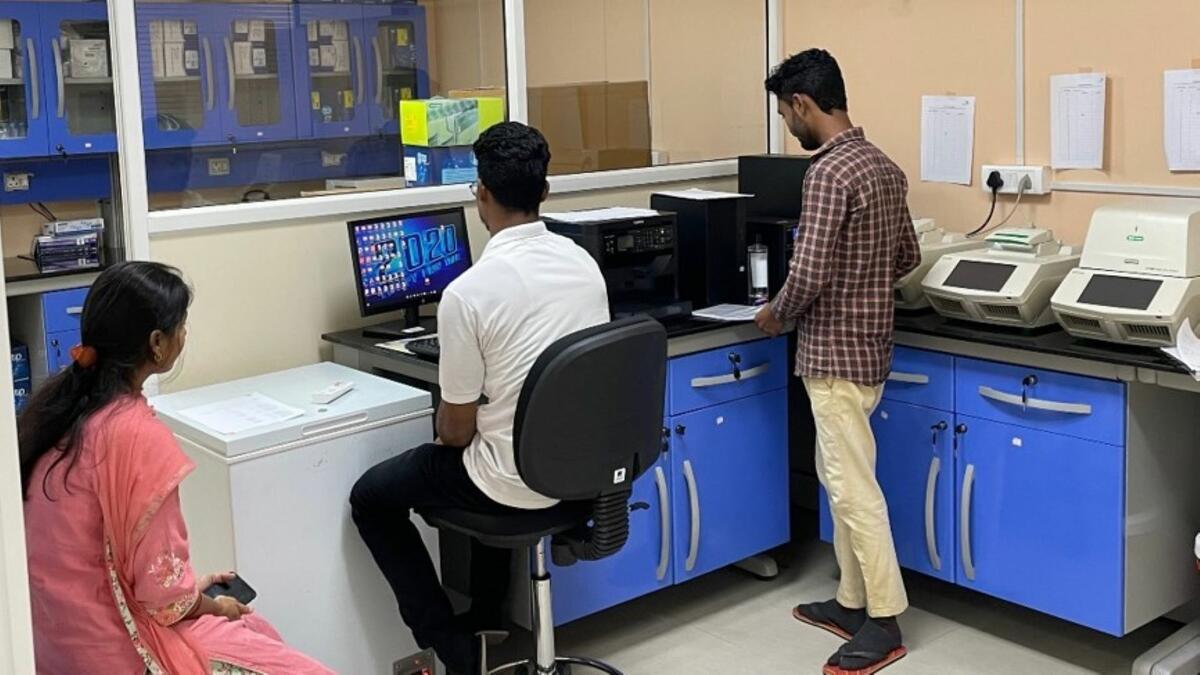
A new study has revealed that indoor residual spraying (IRS) with insecticides has been instrumental in curbing the spread of visceral leishmaniasis in India by significantly reducing the population of sandflies responsible for transmitting the disease.
The study, published in Lancet Infectious Diseases, is the most comprehensive of its kind. It was carried out by researchers from Liverpool School of Tropical Medicine (LSTM), Erasmus MC Rotterdam and the All India Institute of Medical Science Patna.
The researchers demonstrated that large-scale IRS with the insecticide alphacypermethrin reduced the abundance of sandflies by 27%. The study also confirmed that a village-wide IRS response to newly detected cases of visceral leishmaniasis could reduce new cases by up to 40%.

The comprehensive dataset was collected from 50 villages across eight endemic regions in India over ten years. It includes unique entomological, epidemiological, and operational indicators, providing a robust foundation for evaluating the effectiveness of vector control measures. The dataset will bolster ongoing efforts to eliminate one of South Asia's most persistent public health challenges.
Dr Michael Coleman from LSTM said: "Our study provides robust evidence that IRS is an effective tool in reducing the spread of visceral leishmaniasis. The data clearly show that strategic spraying has not only diminished sandfly populations but also contributed to a noticeable decline in disease cases and related fatalities. This is a critical step forward in the fight against one of the region's most deadly diseases."
Visceral leishmaniasis, known locally as kala-azar, remains a major cause of morbidity and mortality in India and has long been a target of public health initiatives. This study is the first to quantify the long-term impact of IRS interventions on sandfly populations and disease transmission in India.
Despite the success of IRS, the study also highlights the need for ongoing vigilance and adaptation of vector control strategies. Notably, operational research in 2013 identified resistance to existing pesticides, prompting a switch to alpha-cypermethrin. This shows that while IRS remains a vital tool, its effectiveness must be continually assessed alongside improvements in disease detection and treatment.
Dr Luc Coffeng from Erasmus MC, University Medical Centre Rotterdam, said: "The success of IRS in these regions highlights the importance of sustained vector control measures. As India moves closer to eliminating visceral leishmaniasis, maintaining IRS as part of the public health strategy will be crucial to prevent any resurgence of the disease."
With over 70% of India's visceral leishmaniasis elimination budget allocated to vector-control activities, the research provides critical evidence to guide future public health strategies as part of a broader, integrated approach to disease elimination.
Moreover, the study is a significant addition to the body of evidence supporting IRS as a vital part of disease elimination strategies in India and beyond.